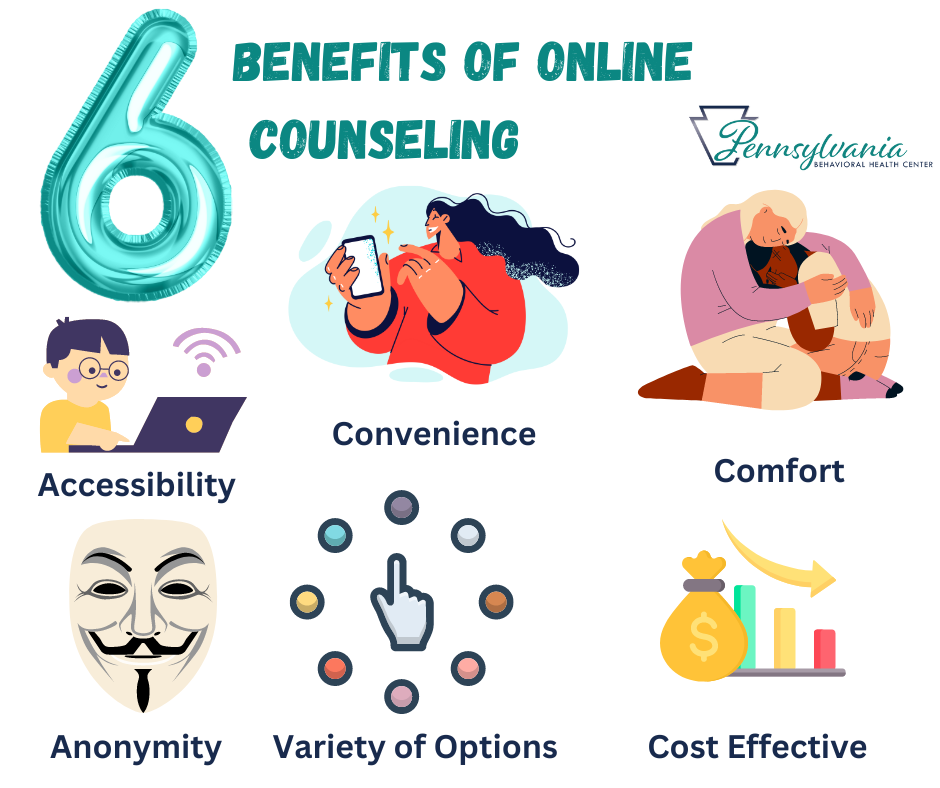Recognizing the Relevance of Psychological Treatment for Adolescent Growth and Health And Wellness
Psychological treatment plays a critical role in the development and health of young adults. It addresses a series of psychological wellness concerns that can impede their growth. Through treatment, teenagers can discover vital coping techniques and enhance their psychological knowledge. This process fosters strength, enabling them to better browse life's obstacles. Many still wait to involve in discussions concerning mental health. Discovering the reasons behind this hesitation exposes deeper understandings into the teen experience.
The Impact of Teen Mental Health And Wellness on Overall Development
The interaction between teenage mental health and wellness and general development is multifaceted and extensive. During the important phase of teenage years, individuals go through considerable physical, psychological, and social changes that shape their identification and future. Mental health plays a crucial function in this procedure, influencing scholastic efficiency, relationships, and self-confidence. Favorable mental health and wellness fosters durability and flexibility, enabling teens to browse obstacles efficiently. Alternatively, mental health and wellness concerns can impair cognitive functions, interfere with social communications, and hinder emotional guideline, bring about a cascade of developmental obstacles.
The environment in which teens grow-- encompassing family dynamics, peer impacts, and societal assumptions-- interacts with their mental wellness, additional complicating their developing trajectory. Understanding the significance of mental health and wellness in this phase is crucial for advertising healthy and balanced growth and ensuring that teens can grow, both throughout their developmental years and past. Prioritizing mental health support can considerably boost their total development and future capacity.
Common Mental Health Issues Faced by Teenagers
While steering via the intricacies of adolescence, many young adults run into a variety of mental health concerns that can significantly affect their lives. Anxiety problems prevail, typically defined by excessive fear or worry that hinders everyday activities. Depression is an additional common concern, materializing as persistent despair, loss of rate of interest, and difficulty in functioning. Furthermore, behavior problems, such as oppositional bold problem, can cause problems with authority figures and a battle to adhere to social norms. Consuming conditions, consisting of anorexia and bulimia, might occur as young adults come to grips with body photo and societal stress. Material abuse can establish as an illinformed attempt to deal with emotional distress. These psychological wellness difficulties, if unaddressed, can prevent academic performance and social relationships, highlighting the demand for awareness and support within this prone age team.
The Role of Therapy in Structure Coping Strategies
Therapy plays a substantial role in gearing up young adults with effective coping techniques to navigate their psychological wellness challenges. Through structured sessions, therapists assist teens recognize and understand their emotions, promoting self-awareness. By using various techniques such as cognitive-behavioral therapy, teens discover to test unfavorable idea patterns and change them with constructive ones. This procedure enables them to develop healthier reactions to stressors.
Furthermore, therapy offers a safe environment for teenagers to exercise these methods, assisting in the shift from theory to real-life application. read review Role-playing and circumstance evaluation enable them to rehearse coping devices in an encouraging area. As teenagers face one-of-a-kind stress-- academic needs, social characteristics, and identity expedition-- having personalized dealing techniques becomes essential. Inevitably, treatment not only addresses prompt issues but additionally imparts lifelong skills that allow adolescents to take care of future difficulties, promoting general mental health and resilience in their growth.
Promoting Resilience and Psychological Intelligence With Therapy
Exactly how can therapy nurture durability and emotional intelligence in teens? Treatment offers a secure atmosphere where teens can explore their thoughts, habits, and feelings. Through assisted conversations and tasks, specialists aid teenagers determine and recognize their feelings, cultivating psychological awareness. This understanding is a cornerstone of emotional intelligence, allowing them to understand with others and manage interpersonal partnerships effectively.
Furthermore, treatment equips teenagers with tools to browse life's obstacles, promoting strength. By addressing past traumas, frustrations, and stress factors, they find out to create coping devices that equip them to encounter adversity. Therapists commonly urge goal-setting, which infuses a sense of purpose and achievement.
As teens exercise these abilities in treatment, they become more proficient at handling uncertainties and obstacles (Individual Therapy Toronto). Inevitably, this nurturing of strength and psychological intelligence prepares them for the complexities of adult life, enhancing their overall mental wellness and health

Encouraging Open Dialogue About Mental Health in Teenagers
What methods can efficiently promote open dialogue about mental wellness amongst young adults? Producing a risk-free and helpful environment is basic. Moms and dads and instructors should encourage discussions by stabilizing discussions regarding mental health, stressing that it is a substantial facet of general well-being. Active listening plays a vital function; adults must be non-judgmental and conscientious when teens share their sensations or issues.
Including psychological wellness education and learning right into college educational programs can likewise help with open discussion. Workshops, peer support system, and mental wellness awareness projects can equip teenagers to reveal themselves much more openly. Furthermore, utilizing social media sites platforms can be beneficial, as they are usually where teens feel most comfy interacting. click here to read By cultivating an environment of trust and openness, grownups can help young adults understand that reviewing mental wellness is not only appropriate yet required for their growth and emotional health and wellness.
Regularly Asked Questions
Just How Can Parents Acknowledge Indicators of Mental Health Issues in Teenagers?
Parents can identify signs of mental health and wellness concerns in teenagers by observing modifications in actions, mood swings, withdrawal from activities, decreasing scholastic efficiency, changes in sleep or hunger, and sharing feelings of despondence or stress and anxiety.
What Kinds of Treatment Are Most Effective for Teens?
Cognitive Behavior Modification (CBT), Dialectical Behavior Modification (DBT), and group therapy are among the most efficient kinds for teenagers. Individual Therapy For Teens. These approaches foster dealing skills, emotional guideline, and give peer assistance, essential for adolescent mental health
How Can Therapy Support Academic Performance in Teenagers?

What Should Teenagers Anticipate During Their First Therapy Session?
During their initial treatment session, teenagers can expect a welcoming environment, an intro to the specialist, conversations regarding their issues, and establishing goals (Individual Counselling Toronto). Confidentiality and the healing procedure will also be explained to promote convenience and depend on
Exactly How Can Teenagers Locate a Specialist That Suits Their Needs?
Young adults can discover a suitable specialist by seeking recommendations from relied on adults, researching on-line directory sites, taking into consideration specialties, and organizing preliminary assessments to examine compatibility and communication designs, eventually ensuring an encouraging restorative relationship.
